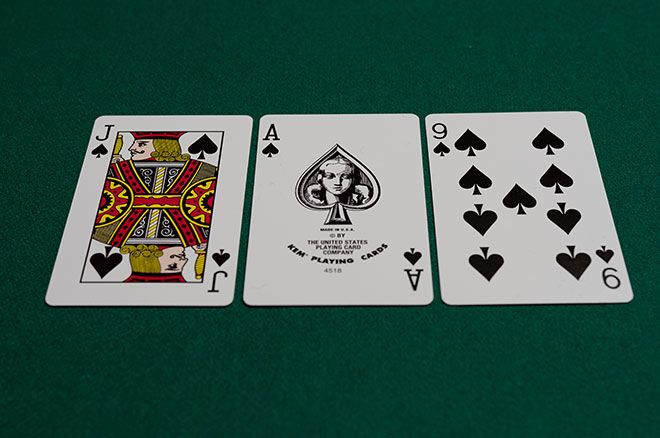Online poker is one of the most exciting games that you can enjoy at Casino Barcelona. As we always tell you, in poker the skill of the player is decisive, hence the more you know about the game and its options, the greater your chances of getting good results.
Today we want to talk to you about one of the most important phases of poker: the flop. It is a very simple rule and it will not cost you anything to understand and apply. This is a consequence of two players having matched the highest bet from those at the table. The flop occurs after the pre-flop has finished and whenever two or more players have either called the big blind or have overbet.
We are going to see all the keys to the flop, but first, we want to repeat the importance of playing safely and always with the utmost responsibility.
Keys to the flop in online poker
Knowing the flop thoroughly, like any other quality or action of the game, can make the difference when approaching our online poker offer. The flop is how we refer to the first 3 community cards that appear in Texas Hold’Em, Omaha High, and Omaha High Low poker. These cards appear face up for everyone to see and are used by players to start the game by having 5 cards to match: two are their initials and these 3 come to the table in the form of a flop.
On some occasions, you may come across a different meaning for the word flop. It can refer to the round of betting that takes place after those community cards have been shown. If we look at the dictionary, “flop” means to fall or something similar. If we apply it to poker, it makes sense because 3 cards in a row “fall” on the table after having run out of none. Without a doubt, it is an important moment of the UFA games because they mark the options of making combinations with the cards before the moment of the showdown arrives.
Playing on the flop as a strategy
With the definition of what the flop in hand is, it has become clear that it is either the first 3 cards that appear after the first bets or the same betting round that takes place after having seen the first 3 cards community. From here, it is time to define in the best possible way how you can play in this situation: seeing the flop and already having 5 cards available to make our move.
A doubt that can always appear in the players is whether or not the flop is favorable to the interests that were pursued with the initial hand. Of course, this is always of the utmost importance, but perhaps even more so when you are competing against other users in one of our many tournaments.
Before the decisions that have to be made with the flop, the main thing is to know the potential of the hand that we have. The variety of hands is wide and many of them, in the case of being of great value, will be difficult to improve on the flop. However, there are other hands that can improve, such as a top pair, two pairs, three of a kind, a flush, or a straight. All of these hands are potentially winning hands.
When we have these hands, we usually refer to made hands. When it doesn’t, what we have is called a project. These are played with the potential to be completed in the event that some of the cards that remain to come out help us: the turn or the river.
Whether we have the move made or are waiting for the turn or river, we can make our bets on the flop in any of the following cases. We can make them if we have a very good hand and want to go further by making the pot bigger or if we have a draw with very good odds and we want to put more chips in the pot. In this second case, what we are looking for is to slow down our opponents a bit in the following rounds and thus have what is known as a “free card”.
Odds of improving our hand on the flop
As you probably already know, the two initial cards of the Texas Hold’Em modality, as well as the four that you receive in Omaha, have the key to the future of the hands that will end up being shown after the showdown. In poker, statistics are of enormous importance, so you must get used to following them and taking them into account from the beginning. You can have data on the chances of improving the initial hand you receive, that is, the first 3 community cards or flop.

